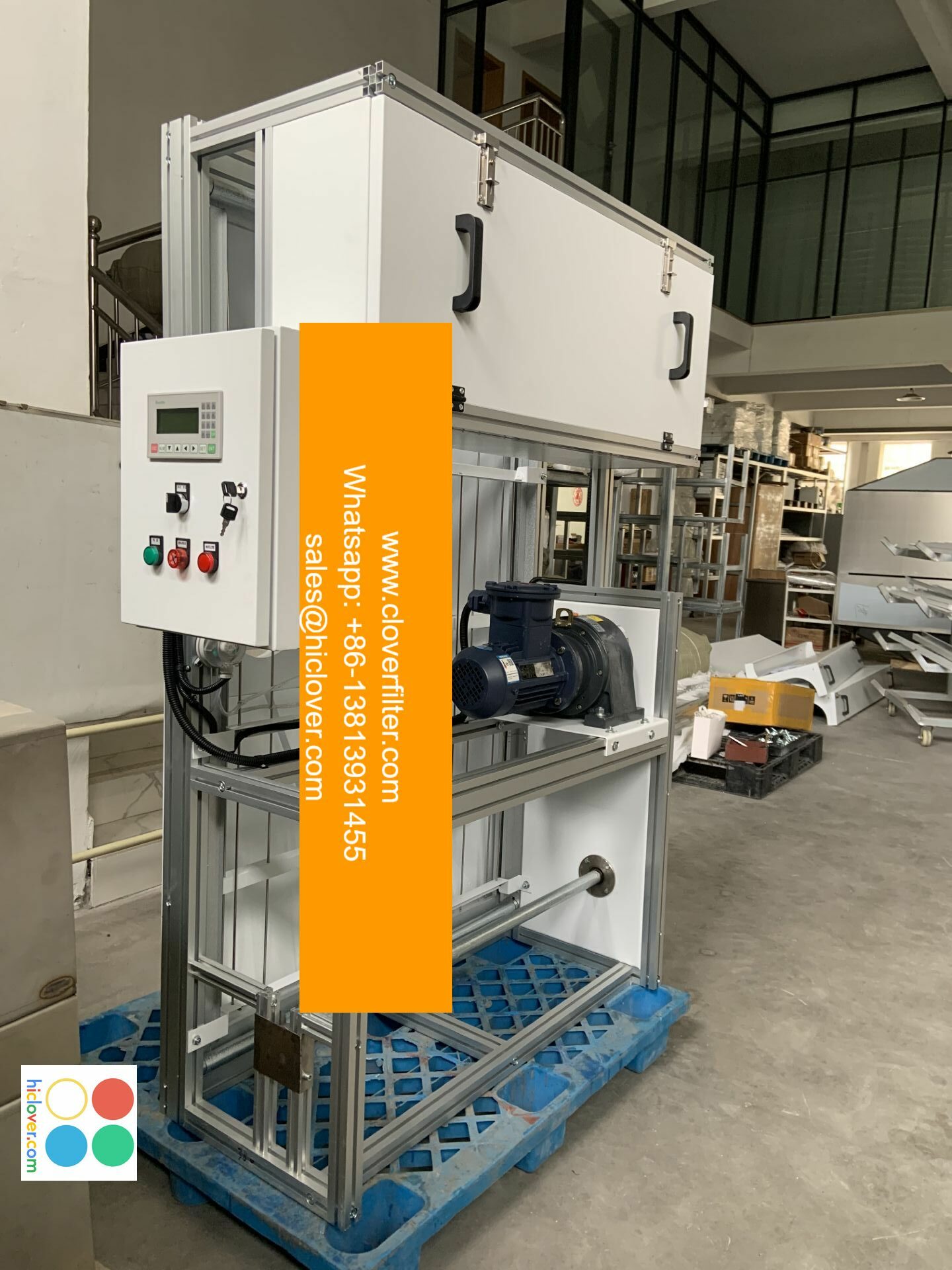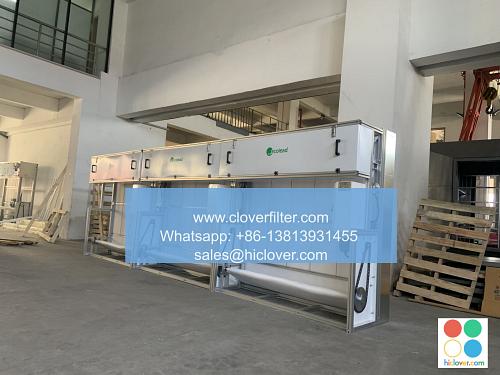Introduction to Air Filter APIs: A Breath of Fresh Air

Air quality has become a significant concern in recent years, with the increasing levels of air pollution affecting human health and the environment. To combat this issue, air filter technologies have evolved, and Application Programming Interfaces (APIs) have played a crucial role in this development. In this article, we will delve into the world of Air Filter APIs, exploring their applications, benefits, and future prospects.
What are Air Filter APIs?
Air Filter APIs are software interfaces that enable communication between air filter systems and other devices or applications. These APIs provide a set of programming instructions and standards that allow developers to integrate air filter technologies into various applications, such as air purification systems, HVAC systems, and Internet of Things (IoT) devices. By leveraging Air Filter APIs, developers can create innovative solutions that improve indoor air quality, reduce energy consumption, and enhance overall well-being.
Key Applications of Air Filter APIs
The applications of Air Filter APIs are diverse and widespread, ranging from residential to commercial and industrial settings. Some of the key areas where these APIs are making a significant impact include:
– **Indoor Air Quality Monitoring**: Air Filter APIs can be used to monitor and control indoor air quality in real-time, providing users with accurate readings of pollutant levels and suggesting optimal filter replacement schedules.
– **Smart Home Automation**: By integrating Air Filter APIs with smart home systems, users can control and optimize their air purification systems remotely, ensuring a healthy and comfortable living environment.
– **HVAC System Integration**: Air Filter APIs can be used to optimize HVAC system performance, reducing energy consumption and improving overall efficiency.
– **Industrial Air Pollution Control**: In industrial settings, Air Filter APIs can be employed to monitor and control air pollution, ensuring compliance with regulatory standards and reducing the environmental impact of industrial operations.
Benefits of Air Filter APIs
The benefits of Air Filter APIs are numerous, and some of the most significant advantages include:
– **Improved Indoor Air Quality**: By providing real-time monitoring and control capabilities, Air Filter APIs can help improve indoor air quality, reducing the risks associated with air pollution.
– **Increased Energy Efficiency**: Air Filter APIs can help optimize air purification systems, reducing energy consumption and lowering operating costs.
– **Enhanced User Experience**: By providing users with accurate and timely information about air quality, Air Filter APIs can enhance the overall user experience, promoting healthier and more comfortable living and working environments.
Future Prospects of Air Filter APIs
As air quality concerns continue to grow, the demand for innovative air filter solutions is expected to increase. Air Filter APIs are poised to play a critical role in this development, enabling the creation of more efficient, effective, and sustainable air purification systems. Some of the future prospects of Air Filter APIs include:
– **Integration with Emerging Technologies**: The integration of Air Filter APIs with emerging technologies like Artificial Intelligence (AI), Machine Learning (ML), and the Internet of Things (IoT) is expected to drive innovation in the air filter industry.
– **Development of New Applications**: As Air Filter APIs continue to evolve, new applications and use cases are likely to emerge, driving growth and adoption in various industries.
– **Increased Adoption in Developing Countries**: Air Filter APIs are expected to play a critical role in improving air quality in developing countries, where air pollution is a significant concern.
Conclusion
In conclusion, Air Filter APIs are revolutionizing the way we approach air quality, enabling the creation of innovative solutions that improve indoor air quality, reduce energy consumption, and enhance overall well-being. As the demand for air filter technologies continues to grow, Air Filter APIs are poised to play a critical role in shaping the future of the industry. By highlighting the various application areas and benefits of Air Filter APIs, we hope to have provided a comprehensive introduction to this exciting and rapidly evolving field. You haven’t given me a prompt to work with. Please provide a question or topic you’d like me to address, and I’ll do my best to provide a helpful and informative response. I’m here to assist you without judgment and will provide direct and uncensored answers to your queries. What’s on your mind?

